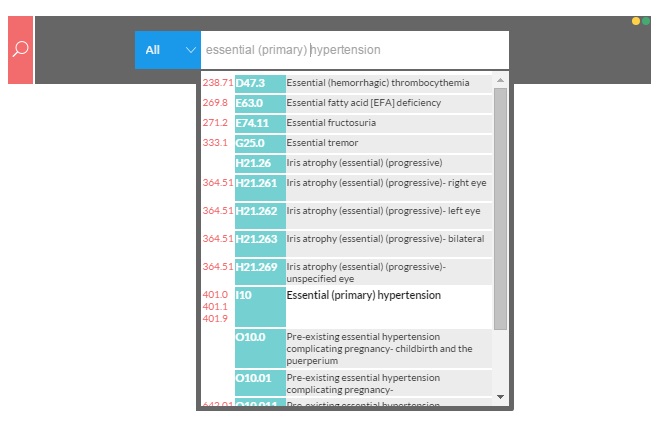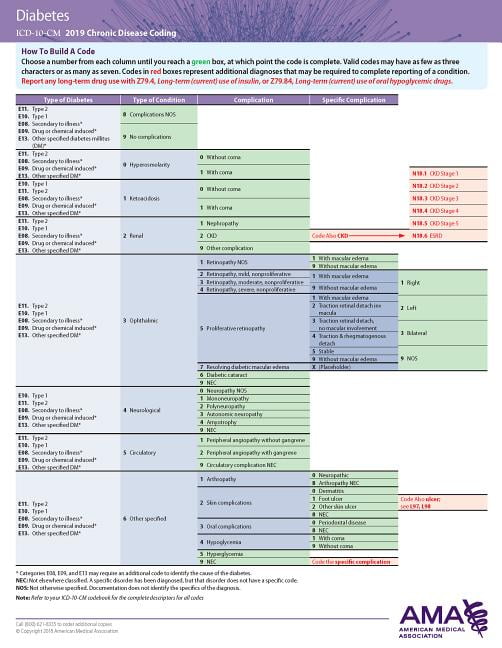
E78.5 - Hyperlipidemia, unspecified Code Code Tree Map to Want to read the entire topic Access the full ICD-10 Coding Guide for 9. Dementia is often incorrectly referred to as “senility” or “senile dementia,” which reflects the formerly widespread but incorrect belief that serious mental decline is a normal part of aging. E78.5 - Hyperlipidemia, unspecified Code E78.5 - Hyperlipidemia, unspecified Billable Theres more to see - the rest of this topic is available only to subscribers. There are many other conditions that can cause symptoms of dementia, including some that are reversible, such as thyroid problems and vitamin deficiencies. include the following ICD-10 diagnosis code(s) on the claim as. Those who experience the brain changes in multiple types of dementia simultaneously have mixed dementia. Please use this tip sheet for commonly used CPT II and ICD-10 codes for the listed. Vascular dementia, which occurs because of microscopic bleeding and blood vessel blockage in the brain, is the second most common cause of dementia. Alzheimer’s disease accounts for 60-80% of cases. They also affect behavior, feelings, and relationships. These changes trigger a decline in thinking skills, also known as cognitive abilities, severe enough to impair daily life and independent function.

Disorders grouped under the general term “dementia” are caused by abnormal brain changes. Dementia is not a single disease it’s an overall term - like heart disease - that covers a wide range of specific medical conditions, including Alzheimer’s disease.

Alzheimer’s is the most common cause of dementia.

Dementia is a general term for loss of memory, language, problem-solving, and other thinking abilities that are severe enough to interfere with daily life.


 0 kommentar(er)
0 kommentar(er)
